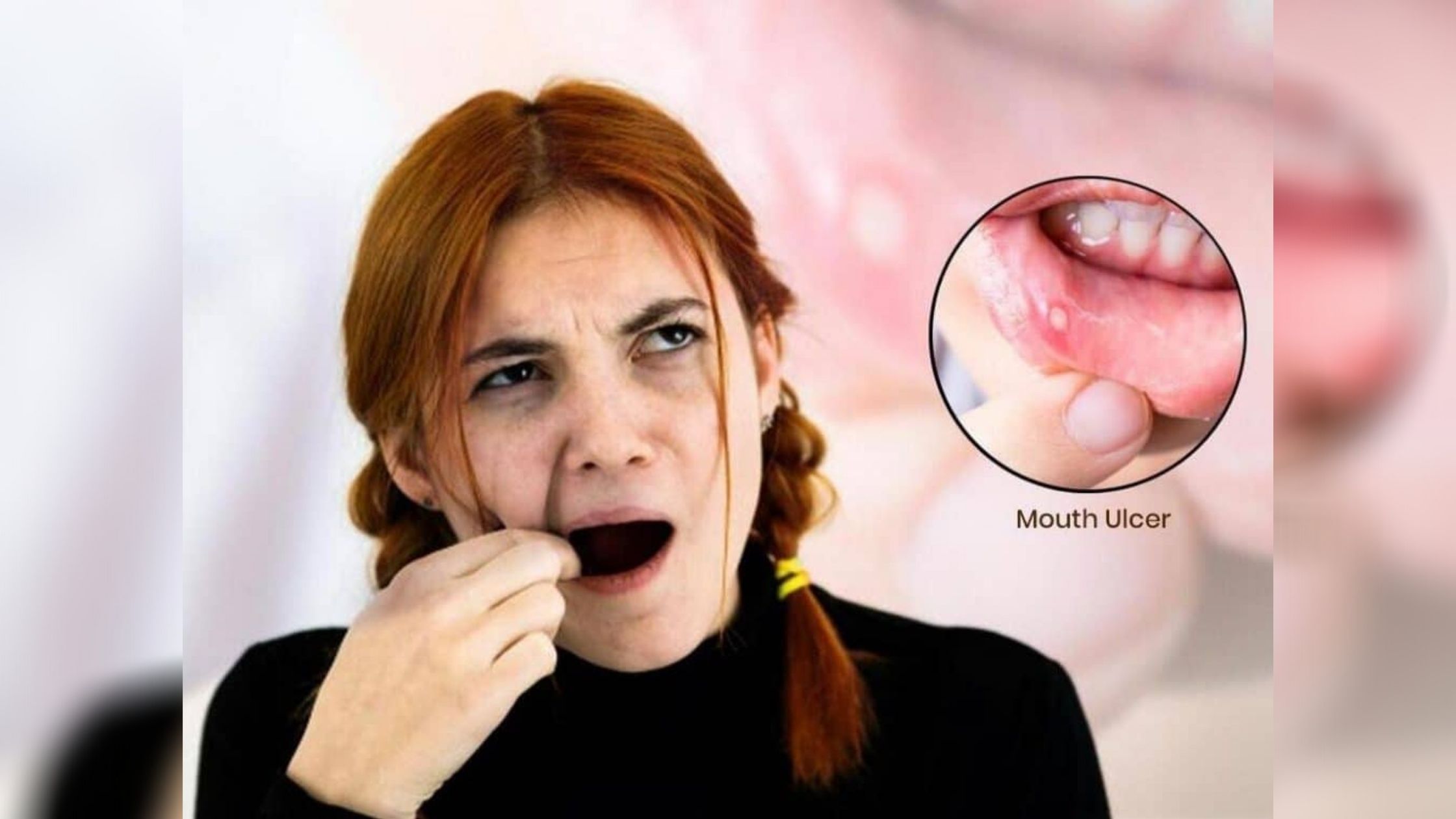Mouth Ulcer: Cause, Identification & Treatment

Viral infections affect the upper respiratory tract and increase the risk of oral ulcers even in healthy people during the winter months. Mouth ulcer, also known as canker sores, are usually small, painful sores that develop in the mouth or at the base of the gums. This can cause discomfort in eating, drinking, and talking. In particular, women and adolescents have a higher risk of developing mouth ulcers. And if these ulcers have occurred in family history, people can also develop oral ulcers.
Mouth Ulcer CAUSE:
Although, there is no specific cause behind oral ulcers, there are a few reasons that have been mentioned. First of these is the lack of essential vitamins, especially B-12, zinc, folate and iron. Second, minor facial injuries from dental work, stiff brushing, sports injuries, or accidental bites can trigger mouth ulcers. Third, toothpaste and mouth rinses that contain sodium lauryl sulfate may also be a factor. Also, hormonal changes or stress or lack of sleep during menstruation became a cause of mouth ulcers.
IDENTIFICATIONS:
There are three types of canker sores.
- Minor canker sores are small oval or round ulcers that heal in one to two weeks without any scarring. It is a form that affects more than 80% of can tax sufferers.
- Major canker sores are larger and deeper than those of minors. They have irregular edges and healing can take up to six weeks. Major facial ulcers can result in long-term scarring.
- Herpetiform canker sores are abnormal and usually develop later in life but are not caused by a herpes virus infection. These canker sores are pinpoint-sized. Often seen in clusters of 10 to 100 lesions but it can merge into a large ulcer. They will heal without scars in about one to two weeks.
One will be able to diagnose mouth ulcers through a visual exam.
Mouth Ulcer TREATMENT:
Most oral ulcers do not require treatment. However, if mouth ulcers are being a frequent case, or being extremely painful, then several treatments can reduce the pain. Leaving ice cubes to melt over ulcers can be very helpful. Also, one can wash the mouth with salt-water or a mixture of baking soda and water, which can help reduce the pain. Sometimes, using topical pastes can be helpful. Also, you can try using natural remedies like chamomile tea, echinacea, pepper, and Madrid root to relieve pain. There’s also present some anti-ulcer gels to get relief. Whether it is painful or not, try to avoid spicy, acidic, and abrasive foods.
When to consult doctor
One should consult a doctor if they develop any of the undermentioned:
- unusually large mouth ulcers
- sores that persist more than three weeks
- mouth ulcers that extend to the lips
- pain that can’t be controlled with over-the-counter or natural medication
- severe problems eating and drinking
- high fever or diarrhoea whenever the canker sores appear
Mouth ulcers can also be a symptom of serious conditions that require proper treatment or medical help, such as:
- Celiac disease
- Inflammatory bowel disease
- Diabetes
- Behçet’s disease
- HIV/AIDS

